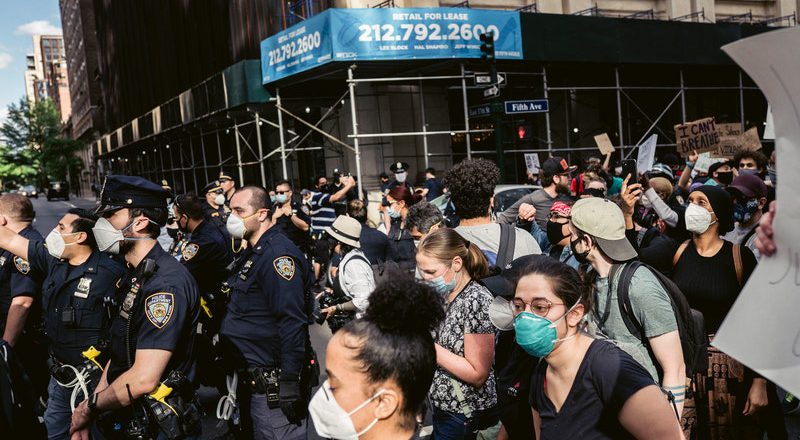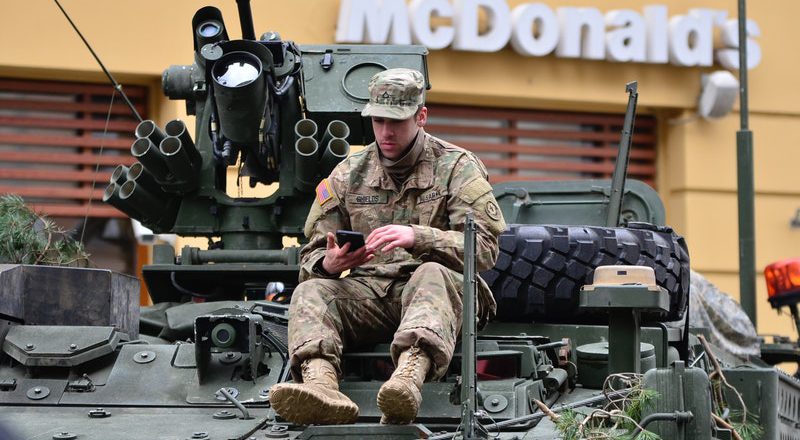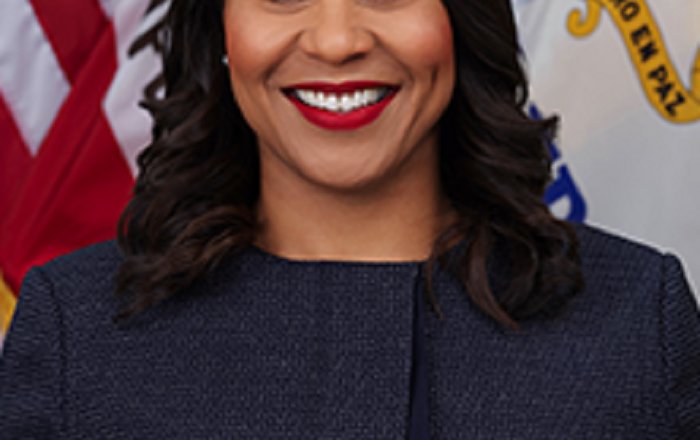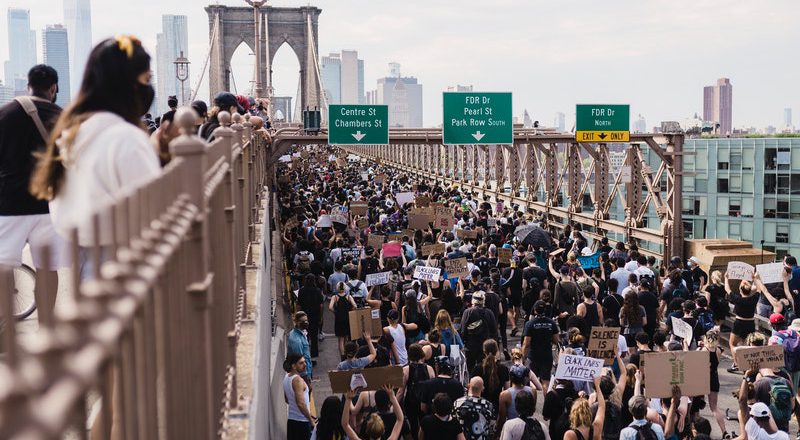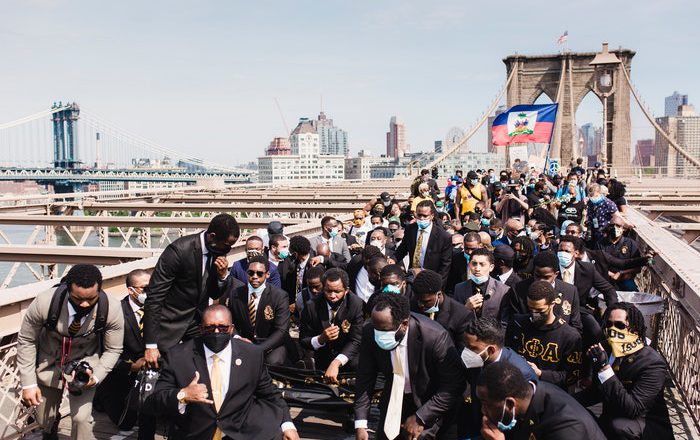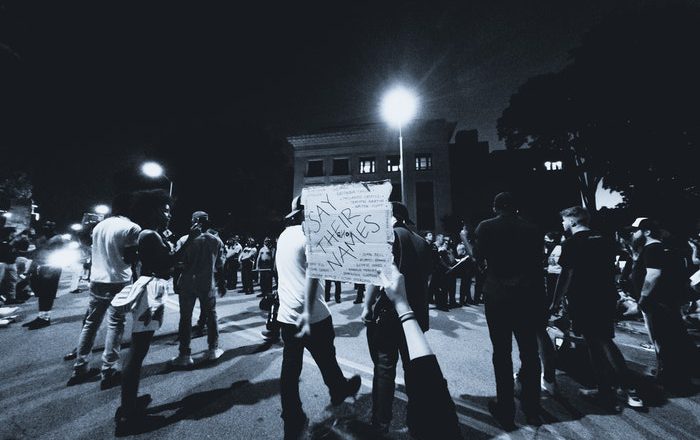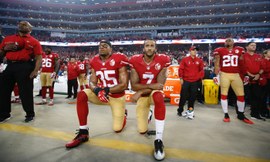Let’s call athletes ‘workers,’ and let’s call these NBA protests what they were – strikes
The Milwaukee Bucks’ startling refusal to take to the court for their NBA playoff game on Aug. 26 was the most consequential political development in sports over the last 50 years.
In recent years, the prevailing media narrative is that athletes have routinely used their platforms to “raise awareness” or “bring attention” to a social issue.
Awareness, though, has its limits. Rarely does it lead to the kind of structural changes the shooting by police of Jacob Blake in Kenosha, Wisconsin seems to demand.
In this case, the players met the moment, marking a fundamental shift in the direction of activism generated by Black athletes. The mass player walkouts that followed the Bucks’ initial protest were no exercise in awareness, though some commentators framed it as that way.
Instead, these...

